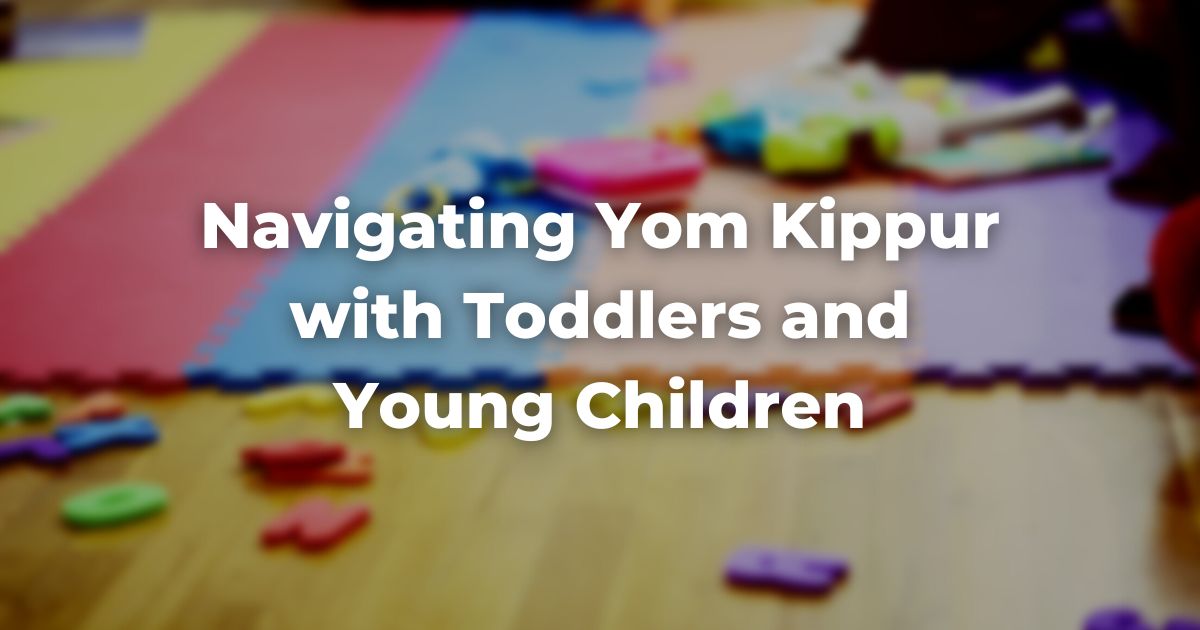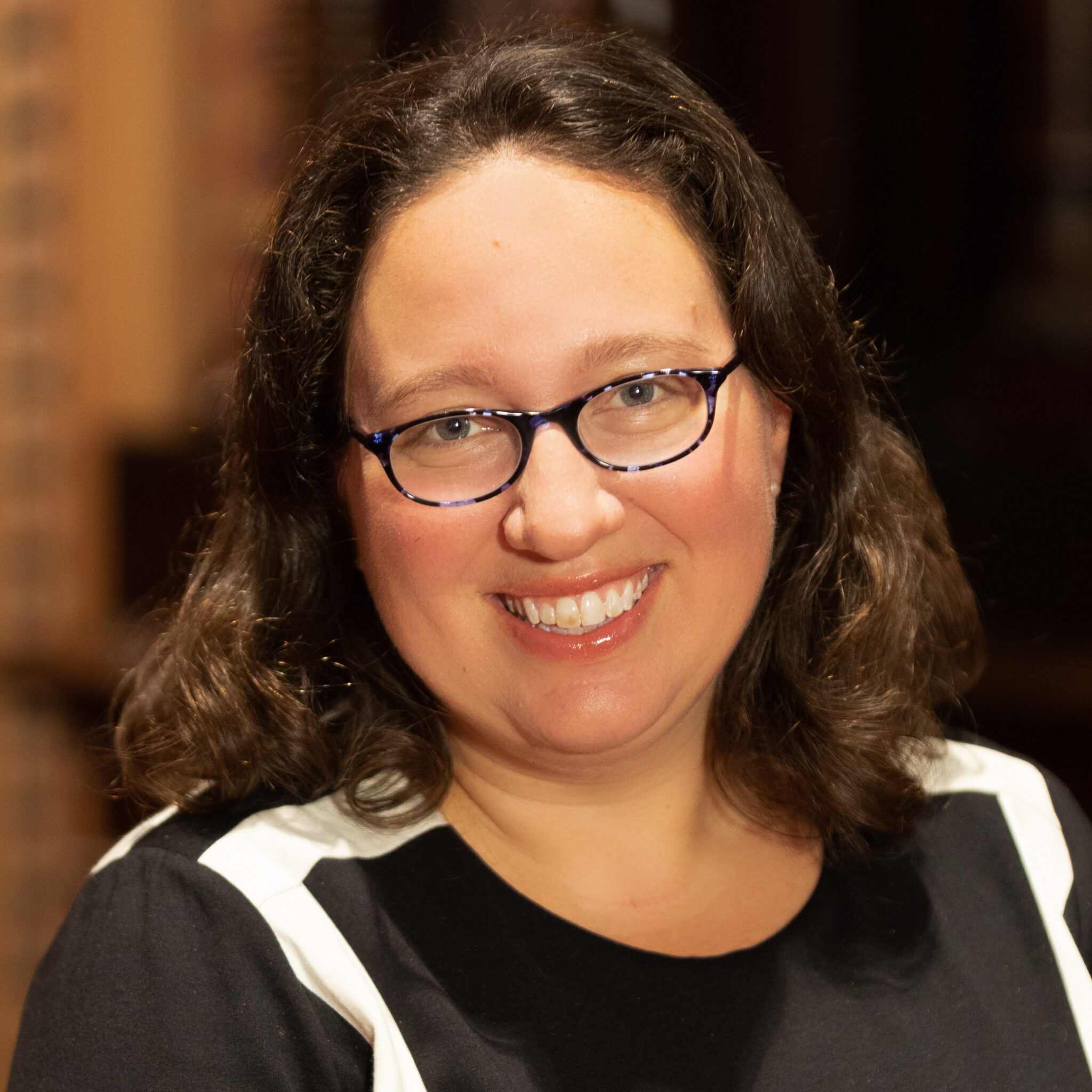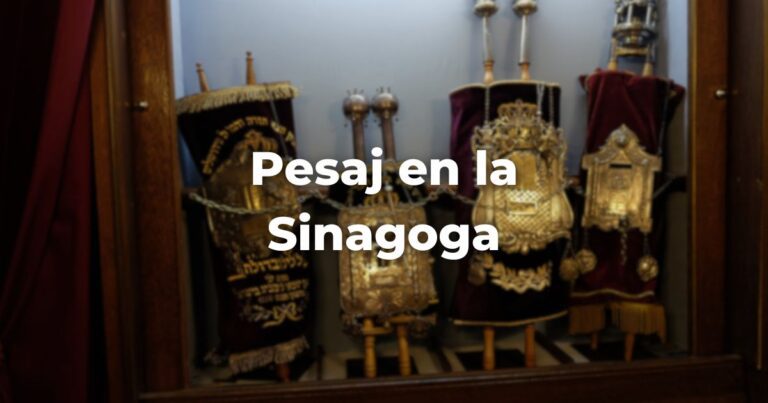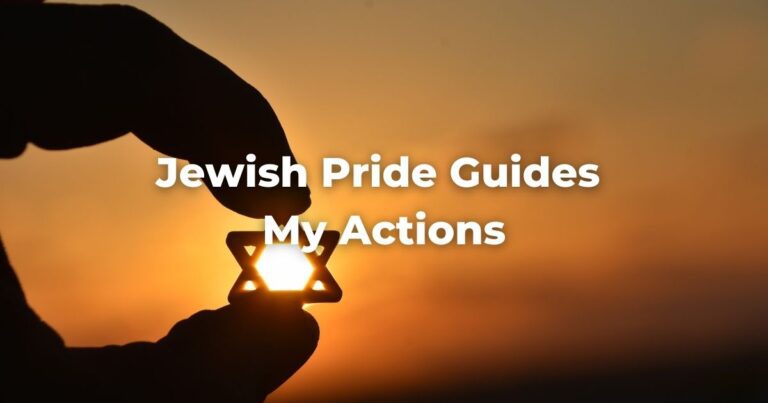At first glance, Yom Kippur and young children don’t really seem to go together. If your children are anything like mine, long stretches in synagogue and not eating aren’t really in their wheelhouse.
Of course, we don’t ask young children to fast, but the general atmosphere of Yom Kippur observance doesn’t seem to align with the temperament of most toddlers.
However, when we help our children learn about Yom Kippur in an age-appropriate way, we get them ready not only to observe Yom Kippur as adults, but to find their own path to reflection, teshuva, and renewal. We can help them appreciate the essence of the holiday, even without all the traditional observances.
Here are some suggestions for helping young children access the themes and ideas of Yom Kippur, many of which can be modified for older children or even for adults.
Read Books and Listen to Music
The PJ Library is a wonderful resource that will send free children’s books to your home every month. They have a selection of books for Yom Kippur that can create openings for conversation between a child and their group.
Read the books with your child and ask them what they see, what they think the characters feel, how it might relate to them. Have they ever done something and then felt sorry? When was the last time they said sorry to someone? When someone apologized to them?
If you are bringing your child with you to services, don’t be afraid to bring some books along. And bring some for yourself too, even if you don’t have a kid in tow. Reading can be a great way to engage with the themes, inside or outside the synagogue.
There are many wonderful Jewish children’s musicians who have created music for Rosh Hashanah and Yom Kippur, and it is a great soundtrack for this time of year.
Do Something Good
Yom Kippur is about reflecting on what we have done, apologizing, and vowing to do better in the year ahead. In our prayers, we say that doing tzedakah, charity or acts of loving kindness, is one of the ways we can be better in the coming year.
With your child, think about someone who might need your help. It can be hyper-local, like helping them to clean up their room, empty the dishwasher, or put away laundry. Or you can look outside your own household, and try to find opportunities to volunteer.
Go to the store with your child, and pick out some food to donate to a food bank or make sandwiches or other food for a community fridge. Yom Kippur is a day when many choose to go hungry, but we know there are many in the world for whom hunger is a daily struggle.
Have your child make cards for a local nursing home or senior center and bring some New Year’s cheer to someone who may not be able to celebrate the holidays with family.
Find a Family Service
Many synagogues have toddler or family services, and you can often buy tickets or they are free. Call your local synagogues and see what people are offering and if anything might work for you.
Synagogues are thrilled when families with young children show up. The people leading the service will be experts at translating the ideas of Yom Kippur for a younger audience, and hopefully the grownups learn something too (and snacks are allowed!).
The pandemic has also brought many things online that were not previously online, so there are likely streaming versions of family and children’s services that you can watch at a time that is convenient for your child.
Or Don’t Find a Service at All
It is totally fine to leave your young children at home during services, if you want to experience Yom Kippur as an adult.
If you have someone to care for them, or if their regular school or daycare is open, there is no shame in dropping them off so you can attend services or have your own experience of Yom Kippur.
Author
-

Rabbi Rebecca Rosenthal is the Director of Youth and Family Education at Central Synagogue in New York City. She oversees all programs for children and families, including early childhood, religious school, and teen programming. Before coming to Central, Rabbi Rosenthal worked at IKAR in Los Angeles, CA and Congregation B'nai Zion in El Paso, TX. She received a BA from Yale University and a rabbinic ordination and a Master's in Jewish Education from The Jewish Theological Seminary, where she was a Wexner Fellow. Rabbi Rosenthal lives in New York City with her husband and three children.
View all posts






